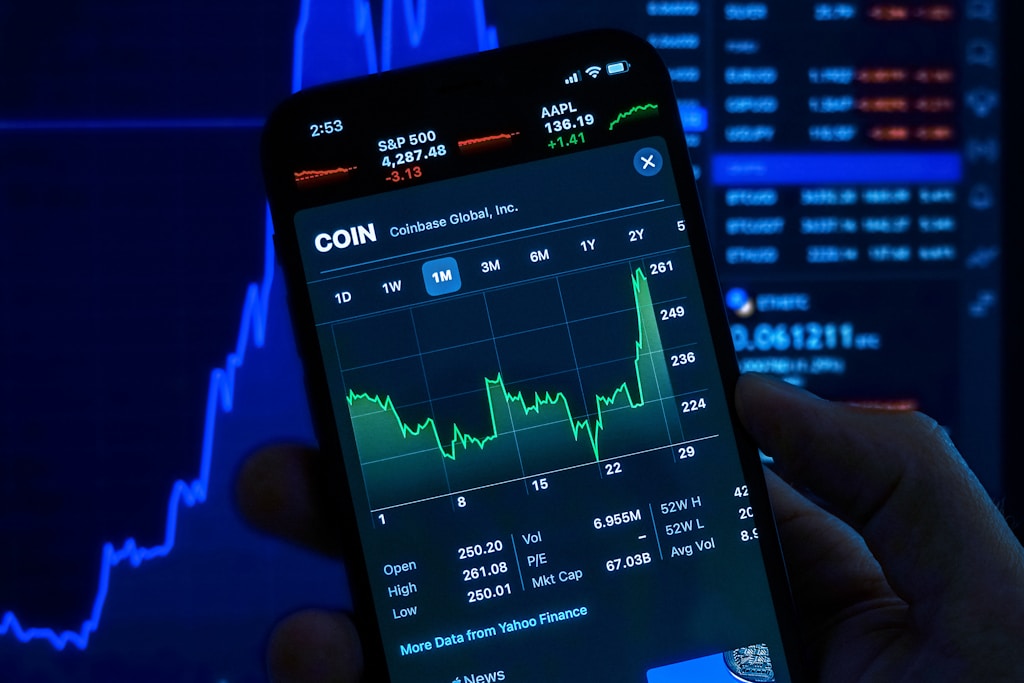Bitcoin Long-Term Holders Slow Selling at $105K – What’s Next?
Bitcoin’s 3-5 year holders pause selling at $105K while maintaining 11.9% supply control. Key on-chain metrics suggest potential accumulation phase ahead of …

Bitcoin’s veteran investors are showing signs of selling exhaustion as BTC trades near $105,800, with on-chain data revealing these 3-5 year holders still control a significant 11.9% of supply. This development comes as Bitcoin tests critical $107K resistance levels, suggesting potential accumulation at current prices.
Understanding the Bitcoin Realized Cap Metric
According to recent Glassnode data, the Realized Cap metric – which measures BTC’s aggregate cost basis – shows interesting behavior from long-term holders. This indicator provides crucial insight into actual Bitcoin valuations by calculating the price of each coin when it last moved.
Key Findings from the Data
- 3-5 year holders reached peak ownership of 15.7% in November 2023
- Sharp selloff occurred during the initial price rally
- Selling pressure paused in January before resuming in April
- Current holdings stand at 11.9% of total Realized Cap
SPONSORED
Trade Bitcoin with up to 100x leverage and maximize your profit potential
Market Implications and Future Outlook
The recent slowdown in selling pressure could signal a strategic shift among veteran investors. As analysts predict significant capital inflow this summer, these holders may be positioning themselves for higher prices before considering further distribution.
Technical Analysis and Price Levels
Bitcoin currently trades at $105,800, down 3% over the past week. Key resistance levels include:
- Immediate resistance: $107,000
- Secondary resistance: $112,000
- Critical support: $96,700
FAQ
What is Bitcoin’s Realized Cap?
Realized Cap measures Bitcoin’s true market value by calculating the price of each coin at its last movement, providing a more accurate picture of investor cost basis.
Why are long-term holders important?
Long-term holders typically represent smart money and their behavior often predicts major market movements.
What could trigger the next sell wave?
Further price appreciation above current levels could incentivize these holders to distribute their holdings, potentially creating selling pressure.



